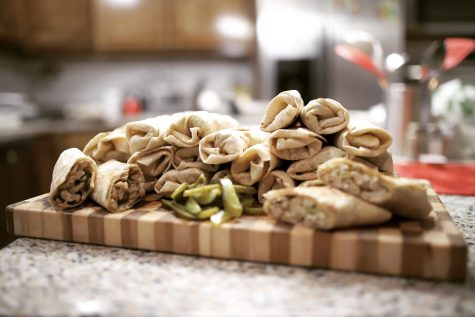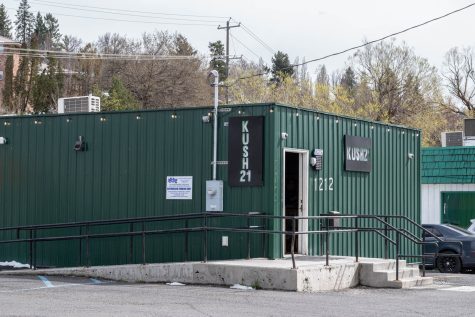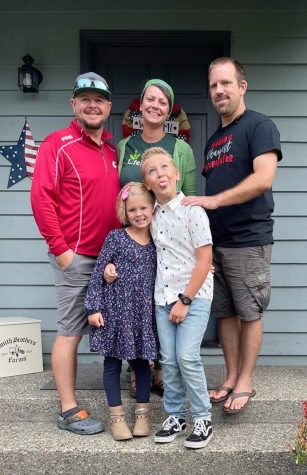Banking on Christmas
March 23, 2015
Many might be glad when the holidays end, but food banks often have a harder time collecting donations when the charitable season is over.
Food banks and pantries rely heavily on donations and volunteers.
It takes a huge effort for someone to donate in what are called the “off donation months,” said Paige Collins, executive director for the Council on Aging and Human Services at the Colfax Food Pantry.
Different times of the year call for different needs. Collins said the spring and early summer months are a great time for people to donate and volunteer. The extra help meets a need that the pantry itself can’t fulfil on just its budget, she said.
“Everyone and their mother wants to volunteer and donate during the holidays, which is awesome, but come around March and April, they forget about us,” Collins said. “The need is just as great if not greater in those months.”
The Center for Civic Engagement (CCE) at WSU is working toward a solution for donating during the “off donation months” as well. Ryan Lazo, a program coordinator at the CCE, is working with ASWSU to organize a food and supplies drive this spring.
Lazo said he doesn’t have a clear idea of what the drive would look like and is open to partnering with any organizations.
The CCE is also working with the Community Action Center Food Bank in Pullman along with other organizations to create garden beds that can help supplement fresh food donations for the food banks.
March for Meals, another fundraiser taking place in Pullman, is also in its early stages of planning, Collins said. Collins said she wants to involve the Greek community in the fundraiser to help bring awareness and donations to the food bank.
“People need to understand that the majority of folks that need our help are working families that can’t make ends meet,” she said.
Clancy Pool, community services administrator at the Whitman County Library, formed the “Food for Fines” food drive. “Food for Fines” ran for the month of February and allowed people to donate non-perishable food items and household products and in return have their fines eliminated.
Pool said she wanted to do it specifically in February because that is when food banks see some of the most need. Many lower-income families struggle to make ends meet. During the colder months after the holidays, they tend to have higher heating bills that make it more difficult to allocate money toward food, she said. That’s where food pantries help alleviate the burden.
The food bank received about $700 worth of food that 140 Whitman County residents donated.
Donating one’s time and resources can be a big help for the community, Collins said. These people who are helped could be neighbors, professors or colleagues. Donating, especially in the off months, is a great way to rally around the community, she said.
“Especially in eastern Washington, sometimes the stereotype of homeless people that don’t try isn’t true,” Collins said. “Most people we see are families that just can’t make ends meet, and for them it’s a choice of having to choose between ‘Medication for my son that has flu or food for the week.’”


















